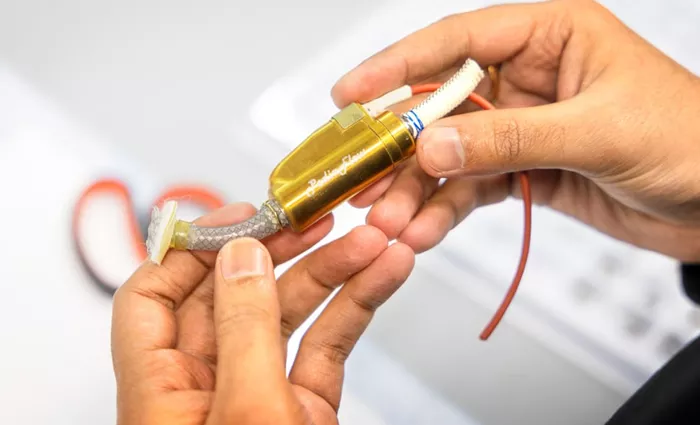A life-saving heart device for infants is now in jeopardy after the U.S. Department of Defense unexpectedly halted funding for the project, putting nearly 30 years of research at risk.
Dr. James Antaki, a biomedical engineering professor at Cornell University, had been awarded a $6.7 million grant on March 30 to continue developing PediaFlow, a small mechanical heart pump designed to help babies with serious heart defects.
But just one week later, on April 8, he received a stop-work order from the department. The funds, meant to support four more years of testing and development, were suddenly withdrawn—without explanation.
“I feel that it’s my calling in life to complete this project,” Antaki said in his first interview since the grant was canceled. “Once a week, I ask myself if it’s time to give up. But I don’t believe it’s my choice to walk away.”
Antaki’s case is not unique. Since President Donald Trump took office, hundreds—possibly thousands—of researchers across the U.S. have lost federal support.
Experts say these cuts stem from new executive orders narrowing what types of research qualify for public funding, and from major grant cancellations overseen by the recently formed Department of Government Efficiency, led by Elon Musk.
Heart defects are the most common type of birth defect in the United States. According to the Centers for Disease Control and Prevention, one in every 100 babies is born with a heart defect.
Roughly 25% of these children need surgery or another medical procedure in their first year of life. Globally, an estimated 240,000 babies die each year within their first month due to congenital conditions.
Antaki’s invention, PediaFlow, is a battery-sized pump that helps move blood through a baby’s heart using a tiny, magnet-driven propeller. This support can be critical in keeping infants alive long enough to receive surgery—or even a heart transplant.
The new grant was intended to allow testing of the device in animals to ensure its safety, as well as help navigate the complex FDA approval process. It’s a major step toward moving the device from lab to hospital.
Antaki began developing PediaFlow in 2003, after already working on similar devices for adults at the University of Pittsburgh. The device has previously received support from both the National Institutes of Health and the Department of Defense.
With this unexpected funding cut, Antaki’s research—and the future of babies in need—hangs in the balance.
Related topics:
- When Do You No Longer Have to Worry About SIDS?
- At What Age is the Risk of SIDS Considered to Have Passed?
- What Are the Age Range Affected by SIDS?


